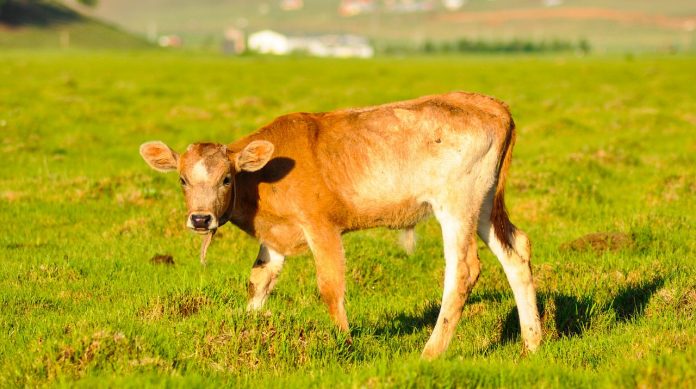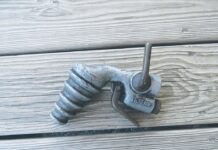Over the years, I have been asked: “What is the ideal number of paddocks to have?”
There are many factors involved and everyone’s situation is different, but if I had to give that answer, I would say 11 paddocks. That way we can move every three days and grazing forages from 8 to 3 inches would be the ideal scenario. That gives each paddock 30 days to recover.
The three-day limit in a paddock generally means the animals will be out before regrowth begins and grazing 8 to 3 inches allows half of the available forages to be removed (the forages become denser closer to the ground), both preserving root growth in the plants.
Balancing
So when does this ideal scenario (or other scenarios) not work?
As managers of the forages and the animals, we need to balance the needs of both, factor in available time and money, and other expected or unexpected events, so sometimes compromises need to be made.
Probably the most obvious reason we would not stay in a normal rotation is the weather. In the spring, grass may be growing fast enough that we may get through six or seven of the 11 paddocks and the first one is ready to graze.
The best option is to go back to the first and take the ungrazed paddocks off for hay or simply clip them. If this situation happens late in the summer or early fall, you can simply allow the forages to continue to grow to be grazed later on in the fall or winter (stockpiling forages).
Not ready
What if you make the rotation through the 11 paddocks and the first one is not ready to graze, or we get into a drought?
It is very important not to overgraze. As I have mentioned, removing more than 50 percent of the forages will cause the roots to stop growing.
Grazing too close, especially on ground with a slope will increase water runoff in a heavy rain event and less water will soak into the ground.
If you have a sacrifice lot to provide stored feed, that is the best situation, otherwise, try to keep the animals in one paddock until there is adequate forage growth and allow plenty of time for it to recover or re-seed.
The unexpected
Then there are times when unexpected or unusual events occur. My most common event is when we are going to work cattle and the facilities are between two paddocks.
I try to make sure the cattle are in a paddock by the facilities the evening before we work them which may mean we need to skip a paddock or run them through a paddock or two faster than I normally would.
The key is not to leave them in one too long, so sometimes I plan weeks in advance.
Every year, I take a week vacation and I make sure the cattle will not be on one end of the farm and my friends do not have to move them all the way back to the other side of the farm.
Then there was the end of last month when some cattle got poisoned by some buckeyes in one paddock and I skipped it in this rotation.
With the plentiful rainfall in August, I was able to skip a couple other paddocks and stockpile them for grazing later this fall, which will reduce the days that I will need to feed hay.
Calving season
Depending on your situation, you may need to move cattle, but there is a calf hidden somewhere that you cannot find.
I let the other cattle go into the next paddock and leave the gate open until mother brings the calf in with the rest of the herd, then close the gate.
There are some ideal guidelines we can follow, but it won’t always happen. If you have just one field, dividing it in two will be a great start.
If an unexpected event occurs, deal with it and adjust the rotation.
I was once told by my friend and teacher, Lorin Sanford from Noble County, “It is the eye of the master that fattens the cow.”
We may need to do things on occasion that are not “by the book” but it is the best for our situation.













